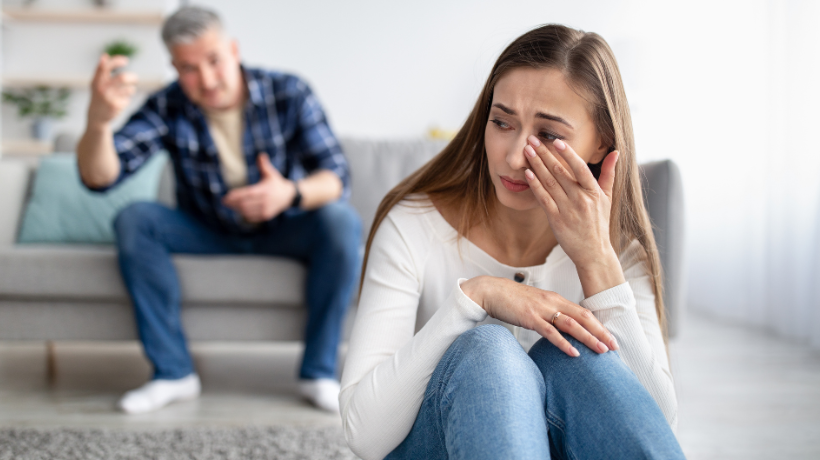
Understanding Why People Use Coercive Control in Relationships

Understanding why people use coercive control in relationships is essential for recognising and addressing harmful behaviours. Coercive control isn’t just about influence. It’s a deliberate effort to limit a partner’s freedom, independence, and decision-making.
People who use coercive control often struggle with deep insecurities, a strong desire for power, or harmful beliefs about relationships. These behaviours usually reflect unresolved personal issues—not love or care.
At Family Violence Mindset Solutions, our Coercive Control Course explores these underlying motivations. It helps individuals and professionals better identify, understand, and respond to coercive behaviour.
Common Reasons People Use Coercive Control
Insecurity and Fear of Abandonment
Some people control their partner because they fear being left. Their anxiety about rejection drives them to cling tightly, even in unhealthy ways.Desire for Power and Control
Others use control to feel superior. Being dominant gives them a sense of strength, especially if they feel powerless in other areas of life.Cultural or Social Conditioning
In many cultures, control is normalised. Gender roles or family expectations can reinforce harmful behaviours, often without question.Learned Behaviour from Past Relationships
People who witnessed or experienced control growing up may repeat those patterns. It feels familiar—even when it’s damaging.Distorted Views of Love and Loyalty
Some believe that possessiveness shows love. They confuse control with care and use it to justify harmful actions.
Moving Toward Change and Awareness
Thankfully, awareness is the first step. By understanding why coercive control happens, individuals and communities can begin to break the cycle.
At Family Violence Mindset Solutions, we offer training and resources that promote healthy relationships and informed responses.
Contact us to learn more or explore our Coercive Control Course. Together, we can support those affected and prevent further harm.
